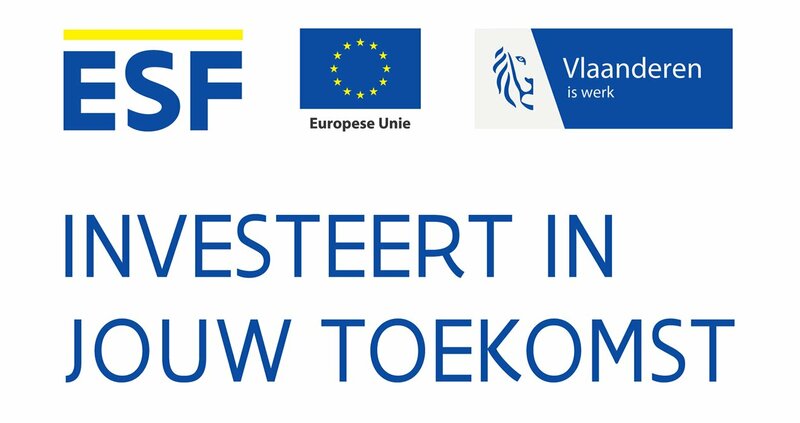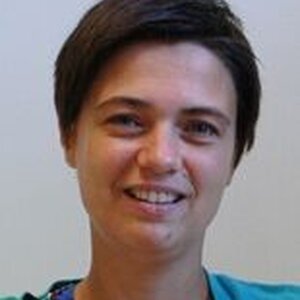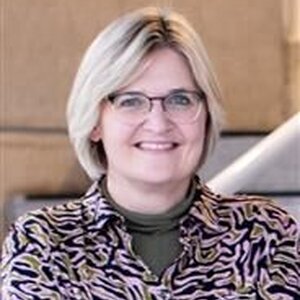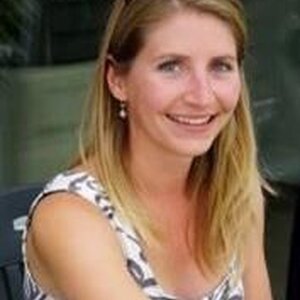Datasmart e-commerce in SMEs
The starting point in this project is that datasmart entrepreneurship is the basis for personalized e-commerce. The central research question in this project is the following: how can we convince SMEs that datasmart entrepreneurship is also a viable option for them to optimize their online conversion?

Meet the researchers
Want to know more about this project?
Continuity of the family business in times of digitalization
The central research question of this project is: what are the consequences of exponential digitalization on actors in the family business?
Rapid evolutions in digitalization pose specific challenges for family businesses. For example, these evolutions have an impact on the family system, being the relationships between family members. Also the business system with the usual business models is not untouched. The developments in the business system in turn affect the family system, and the ownership system (the predominant control of family shareholders) which comes under pressure. However, the literature on digitalization and its impact on family businesses is very limited. This research aims to change that.

Our partners
CenSE (Centrer for Sustainable Entrepreneurship) in collaboration with research institutes in Australia, England, Italy and China.
Meet the researchers
Want to know more about this project?
City4coEN
The research, commissioned by the Brussels-Capital Region, studies a wide range of sharing initiatives in the Brussels region.
The sharing initiatives are mapped based on their business model. We study the influence of the sharing economy on the current economic structure, on legislation and on social inclusion. In addition, we consider the possible contribution of partial initiatives to a more sustainable city. Both ecological sustainability and social sustainability are central in this research.
Output
- Detailed advice and workshop for Brussels policy makers.
- Workshops and training for the sub-initiatives
- Academic papers and scientific publications

Our partners
- UCL
- KU Leuven campus Brussels
- Saint-Louis
This project is financed with funds from Innoviris.
Meet the researchers
Want to know more about this project?
Our partners
Funded by: the ESF (European Social Fund)
In cooperation with: career guidance center Kompass-Emino, Gezinsbond, Verso vzw, Samana vzw, South-Eastern Finland University of Applied Sciences- Small Business Center, Dobre Kadry, Fundacion Accion contre el hambre
Researcher: Miet Timmers

Combination strategies in the Sandwich Generation
Adults who are caring for an older and a younger generation at the same time in their lives, and also often combine that care with a job, are called the "Sandwich Generation.

The Sandwich Generation
- Typically, they are between the ages of 45 and 65.
- The "sandwich position" is not gender neutral: it is far more often women than men who take care of their aging relatives. Moreover, women still take more care of their own (grand)children.
- Because of the increase in the retirement age, the tendency to let elderly people live at home for a long time and to rely on informal care, and the large proportion of young adults who continue to live at home in Hotel Mama, it is clear that this group will only increase in the coming years, in Flanders and in the rest of Europe.
Objective
- We want to guide women and men between 45 and 65 years of age who combine a job with a double care task to find a good combination strategy.
- We hope this will enable them to combine their job with care and a family for longer and with more motivation and commitment.
We have developed several tools for this, in collaboration with our Flemish and international partners:
- A coaching and training program for the Sandwich Generation.
- A training and awareness program for employers, managers and HR professionals.
We have compiled all the results and tools on one page.
Broeikas Aalst
The project 'Entrepreneurial Aalst' concerns a bridge project education-business, financed by the Flemish Government within the Strategic Plan STEM 2012-2020. It wants to build a bridge between education and business by organizing an Entrepreneur Award, Ideacafé's and other activities.
The approved project 'Broeikas Aalst' has as its main objective to make the region of Aalst more entrepreneurial and consists of several sub-projects. A first initiative on which the project partners set their sights is to find the necessary structural funding to make the'Entrepreneur Award' a permanent event. With this they want to put regional entrepreneurs in the spotlight. Specifically in this bridge project, much attention is paid to the process of trial and error inherent in entrepreneurship.
The project partners also see opportunities in the organization of"Ideacafé's". Input for themes that will be discussed here will be provided by a think tank of regional actors. Some possible themes are: immigrant entrepreneurship, entrepreneurs who have followed technical or vocational education, organization of company visits where the entrepreneur talks to the students himself, etc. The project must also result in motivating and supporting students who want to start an entrepreneurial activity during or after their studies.

Our partners
- Enterprise Agency
- Flanders in Action Pact 2020
- University College Ghent
- City of Aalst
- Innovation Center East Flanders
- Regional consultation South-East Flanders (RESOC/SERR)
- JCI (Junior Chamber International)
- UNIZO
This project is financed with resources from the ERDF fund.
Meet the researchers
Want to know more about this project?
> 100-year-old family businesses
What are the levers and factors that ensure the long-term survival and success of a family business? This question was investigated in recent months at the request of the Institute for Family Business by Prof. Dr. Johan Lambrecht (KU Leuven). The research provides a new and unique model with 10 lessons for a long-term existence as a family business.
The determinants of long-lived family businesses were examined and presented at the annual Family Business Day.
Realized output
The determinants of long-lived family businesses were investigated and presented during the annual day of the family business.

Our partner
IFB



